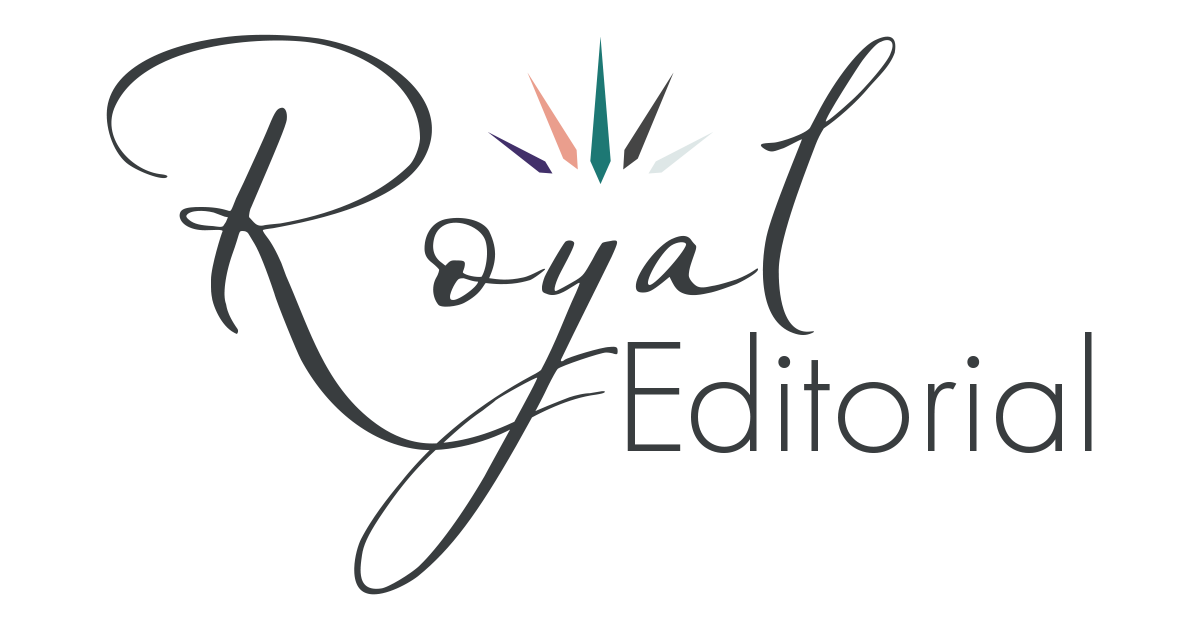Brainstorming Characters: Strengths and Weaknesses
Once you’ve got your character’s motivation all figured it, it’s time to bring them to life by giving them unique traits and quirks that make their personality shine. Yes, the goals they’re trying to achieve and the conflicts they’re struggling to overcome are the elements that readers will latch on to most, but in order to make a character really stand out—to create that illusion of a real, fully fleshed-out person—your character also needs a personality that stands independent of those motivations. Today, we’re going to be focusing specifically on strengths and weaknesses. So, with that in mind, let’s go over another batch of key questions you should be asking about your characters.
What talents or skills does your character have?
Ideally, your character is going to be good at something. This something will usually wind up having some relevance to the role your character serves in the plot. A great way to promote reader investment in a character is to show off that character’s competency. Are they really good at sleight of hand? Are they a lockpicking prodigy? Can they come up with anagrams for any word at the drop of a hat? Do they have an encyclopedic knowledge of the history of pins? Get creative—give your character a unique skill that’ll leave an impression on the reader.
In what way is your character flawed?
Characters should have flaws. Why? Because characters without flaws are boring. No one wants to read about a perfect person. What makes a character interesting is their potential to fail, to make mistakes, to screw things up for themselves and everyone around them. We also like stories about growth, so once you give your character a flaw, they’ve got something to overcome. Quick note: a flaw is something internal, usually an aspect of a character’s personality or mindset that makes them incapable of getting what they want most out of life. Things like greed, stubbornness, jealousy, pride, cowardice. Flaws are not the same as handicaps. Speaking of which…
Does your character have any handicaps that make things difficult for them?
Handicaps are obstacles of encumbrances that are forced upon a character—they are often external in nature. If your character has a speech impediment that prevents them from reciting incantations properly, that is a handicap. If your character was born a peasant and is therefore forbidden from pursuing a romance with the prince, that is also a handicap. While handicaps are also a great way to add depth to your characters (the greater the state of suffering a character begins the story in, the more powerful their narrative arc and motivation will likely be), do keep in mind that handicaps do not form the basis for character arcs. And use extra care when employing things like mental illnesses or physical impairments as handicaps if you don’t have firsthand experience with the things you’re writing about, in which case you’ll probably want to a) conduct a fair amount of research beforehand and b) enlist the help of some sensitivity readers.
Stay Tuned
That character casserole’s looking mighty tasty now, wouldn’t you say? But we’ve got one final batch of ingredients to toss in before we’re through. Next time, we’ll go over some key identifying features to make your characters really pop. As always, happy brainstorming!
